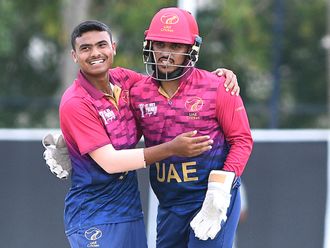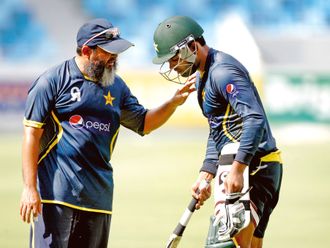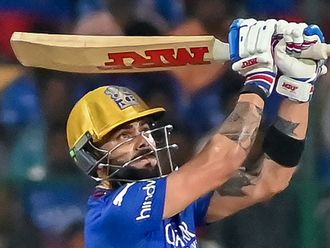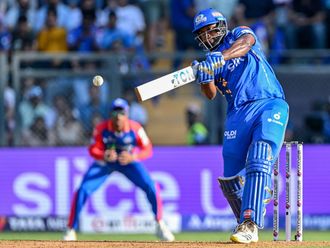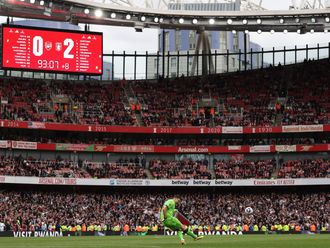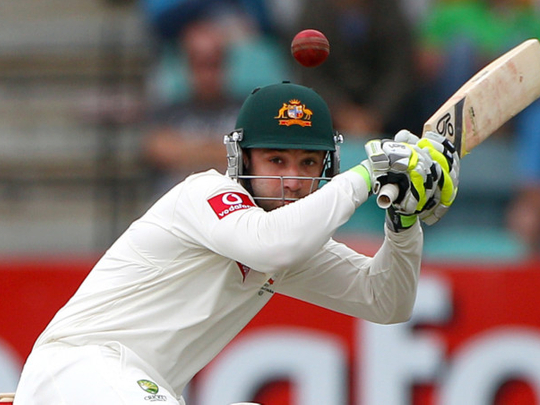
Dubai: While the cricketing world has joined in prayers for Australian batsman Phil Hughes, the survivor of the game’s other most well-documented injury feels there is no need to tamper with the laws further for batsmen’s protection.
“You must realise that such an incident has happened after 52 years — it’s an accident,” said Nari Contractor, the former Indian captain whose career was brutally cut shot by a bouncer during their West Indies tour of 1962.
Contractor was struck on the back of the head by a rising delivery from West Indies speedster Charlie Griffith during a practice match in Barbados.
With helmets unheard of in those days, he was unconscious for six days and needed an operation and blood transfusions before he finally came round — though his playing career was over.
Now 80 years old and still quite sharp, Contractor feels that with all the protective gear and restriction on the number of bouncers, there is no further need to curtail the bowler’s freedom. “While Hughes’ incident is most unfortunate, it’s all a part of the game. Cricket should continue the way it is,” he told Gulf News from Mumbai.
“I wish Hughes gets well soon, my prayers are with him,” said Contractor, who was at pains to the relive the process of his recovery and return to normal life. “I was unconscious and don’t remember anything from that fateful incident. I must thank fellow cricketers who donated blood for me and the surgeon who conducted the emergency operation. I was in the operation theatre for a long time,” he said.
“The recovery was a slow process — it was all a struggle and extremely painful and I don’t really want to dwell on it anymore,” he said.
The octogenarian’s phone hasn’t stopped ringing for the last two days — with the cricket media seeking soundbites from him for the striking similarity with the Hughes incident. After his accident, Contractor was unable to build on his 31-Test career and handed the captaincy to Mansur Ali Khan Pataudi.
“These things happen — he [Hughes] tried to pull the ball, mistimed and got hit. There have been, of course, 20-25 incidents of batsmen getting injured from bouncers but none has been so severe,” he said.
Asked if Hughes’ blow will cast a psychological scar for the modern batsman in general, and M.S. Dhoni’s men who are touring Down Under at the moment, Contractor said: “It may be temporarily there but then, they play so much cricket these days that it should not have a long-lasting effect.”
Among those who donated blood for the felled Contractor was the then West Indies captain Frank Worrell, a gesture that has carved a special place for him in Indian cricketing folklore. The Cricket Association of Bengal (CAB) celebrates a Frank Worrell Day on August 16 every year with a blood donation camp.



